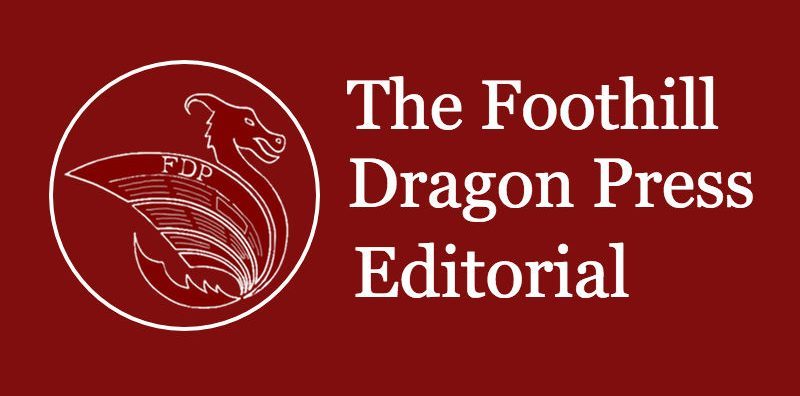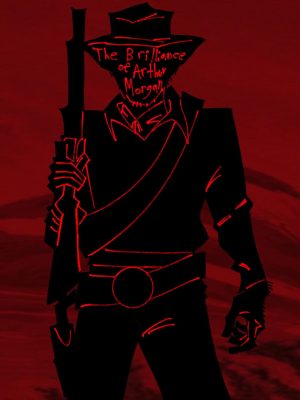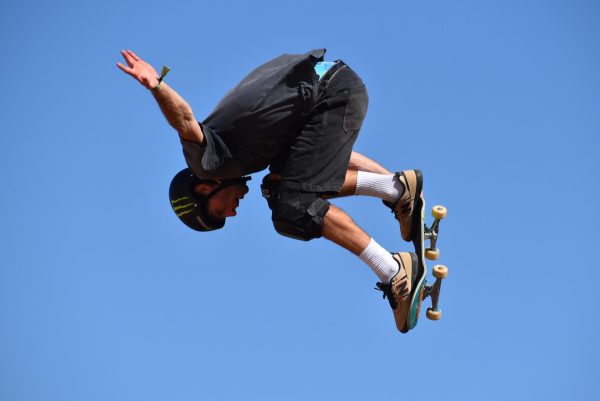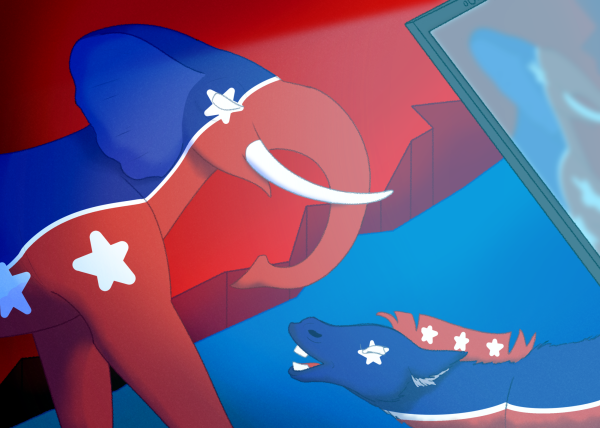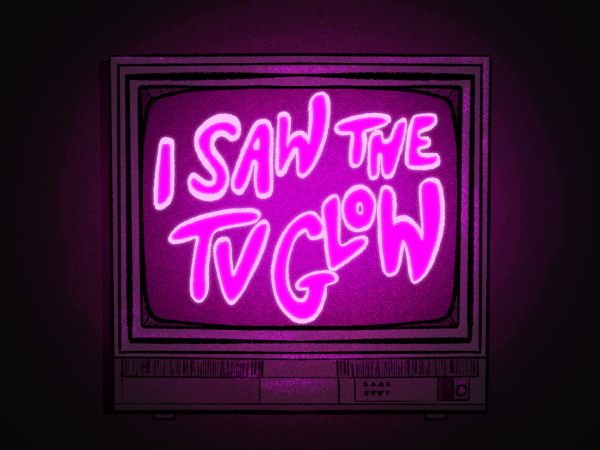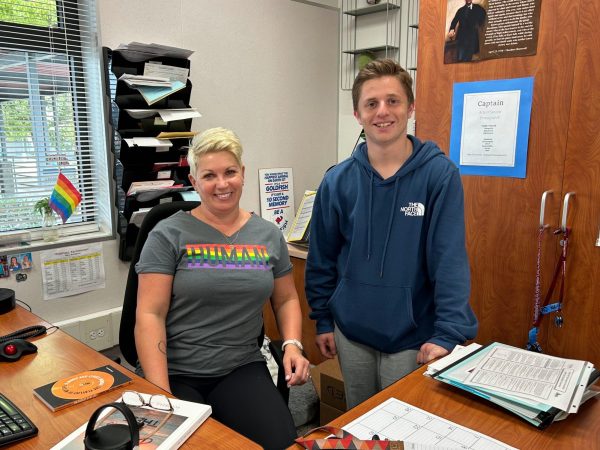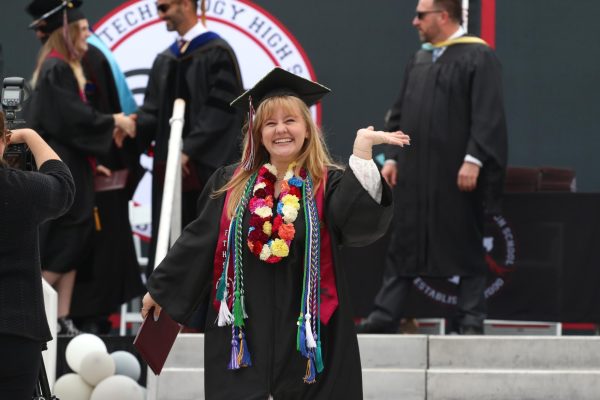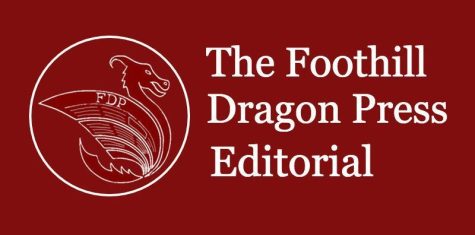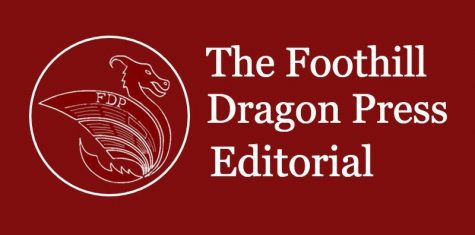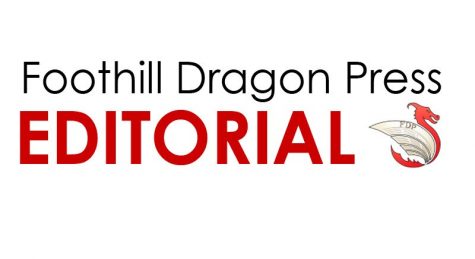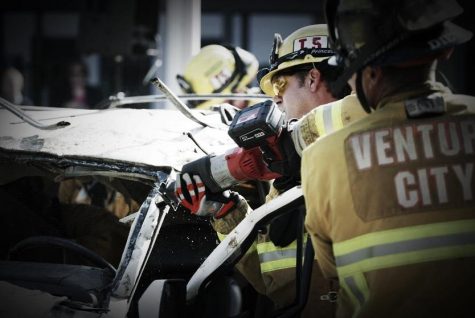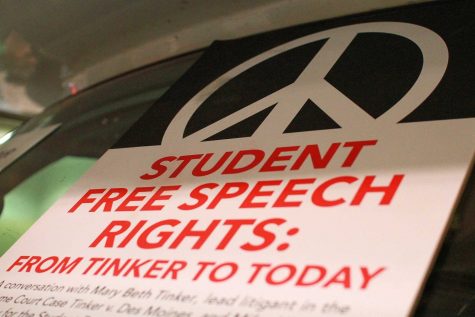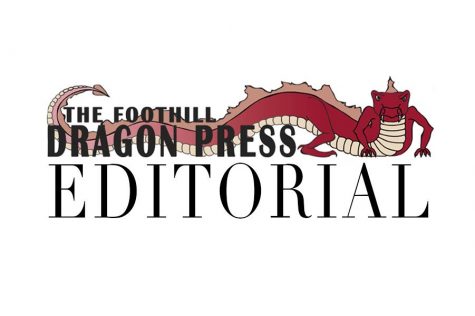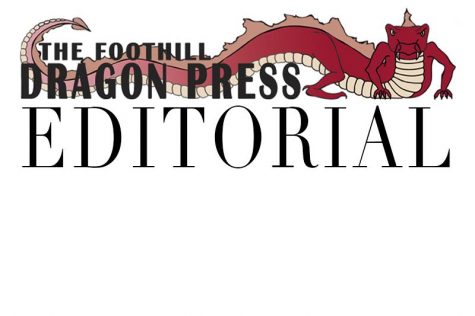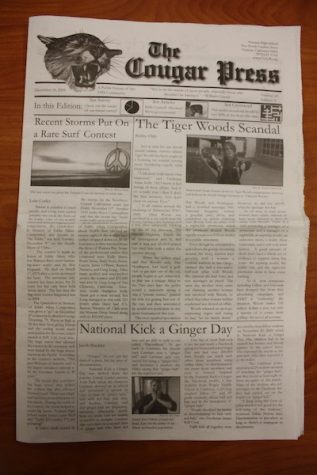Editorial: Ethnic Studies as a district-wide requirement
June 10, 2019
This Tuesday, June 25, 2019, the VUSD board will vote on whether to make the newly-conceived Ethnic Studies and Social Justice course a G-requirement for all high school students by the class of 2025. We at the Foothill Dragon Press believe such a course is indispensable to public education. The aim of general education, in addition to meeting certain standards in science, math, language arts, etc., is to foster a population of self-reliant, sociable and understanding citizens. As of now, this aim is not completely satisfied. A class dedicated to contextualizing, analyzing, and synthesizing history with contemporary issues of crime, immigration, civil liberties, and foreign policy would encourage students to care about past prejudice and at the very least, be conscious of it. Only then will we have a society of understanding individuals.
For an entire year, this course should get students to ask the tough questions: what are the roots of the humanitarian crisis in Gaza and the West Bank? Why are African Americans demanding reparations? How did U.S. engagement in central America contribute to the migrant caravan? What danger does the Balsonaro government pose to indigenous communities in Brazil? We do not make this course recommendation in the hopes that students will take to protesting in the streets for one cause or another. Rather, we do so because we want an open-minded community that tries to understand the attitudes of different identity groups. This is key to a pluralistic, active democracy.
Without the course in question, young people will remain ignorant to the power structures, inequities, and injustices that exist across the world, from primitive accumulation in Africa to sweatshops in southeast Asia. This is a predictable consequence of a race-to-the-top education system that demands subservience to our established institutions, egocentrism, and utter indifference to the struggles of the working class in order to succeed.
Furthermore, this ignorance prompts arguments like “African Americans are not oppressed, because slavery is abolished,” and “if you didn’t want to get tear-gassed, why didn’t you come in the right way?” These black and white sentiments are dangerous. They neglect to understand immigrants fleeing violence and poverty as complex individuals. Instead, they are a monolith funded by George Soros. Black people have lower average IQ scores because they are racially inferior, not because of discriminatory housing policies, lead (which is proven to lower IQ) in water sources near black communities, Jim Crow, or chattel slavery. This dehumanizes the other, strips them of their agency and encourages an us vs. them dynamic. It may seem counterintuitive, but learning the nuanced history of ethnic, political and class groups around the world would actually help fight groupthink, which often relies on single-story narratives.
Assuming that Ethnic and Social Justice is made a requirement, there will still be further questions. Will it be taught as a stand-alone class or will it be integrated into other humanities courses? These are questions for the district and school staff to decide on, and we will accept any decision the district makes, but we hope that when resolving how the course will be instituted, they will take into account the class rigor students already face, the difficulty to fit in another subject in an already developed course and the qualifications of the teacher tasked to teach the sensitive subject material. Although it may pose difficulties as to where the class will fit, Ethnic Studies deserves the time and consideration it takes to be instituted as a required class.
This course will not ask much. It will not ask students to develop a niche set of skills like coding, for instance. It will simply ask students to consider the complex material, ideological, and geographic circumstances that contributed to the world we live in today, because digging one’s head in the ground like an ostrich will simply not suffice.
Editor’s Note: The date of the board meeting from June 11 to June 25 was changed on June. 12 at 8:15 a.m.
Editorials reflect a majority opinion of the 12-person Editorial Review Board and are written collaboratively.

